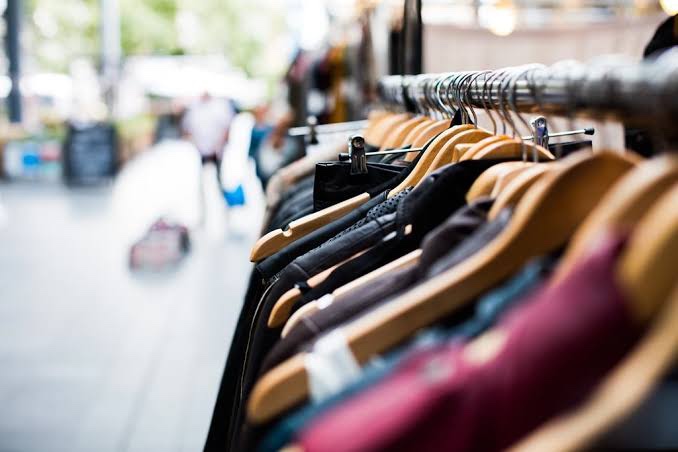While 60% of textiles imported in South Africa come from China, dozens of local retailers and investors have decided to take the confident route and cut the importation of textiles from China.
Retailers in South Africa have joined a government master plan to support local businesses especially as the plan supports local production and ensures job creation.
Hazel Pillay, general manager of retailer Pick n Pay Clothing, said, “Being able to have the product made locally means you can actually respond to customer needs more efficiently, which really is what every retailer wants – moving forward with reply faster.”
Pick n Pay Clothing is among retailers like Woolworth’s, Mr. Price and Truworth’s, increasing their locally sourced offerings from 28% in 2019 to 40% today. The shift is now gaining traction following disruptions to global trade due to the coronavirus pandemic and record unemployment.

Also, read; Dutch Government to Apologize For Slavery, Set up Awareness Fund
Katekani Moreku, a young designer who was recruited to help with the effort,” said, “It got me a lot of attention and a lot of publicity. In times we live in, with very high unemployment, I think it will have a very big impact that will create more jobs for all generations.”
Moreku estimates her collaboration with Pick n Pay created around 1,000 jobs in 2020, from manufacturing to digital marketing.
The South African government wants to see this with a target of 121,000 new textile jobs by 2030.
However, retailers, including Pick n Pay’s Pillay, say this will require investment in skills training and entrepreneur support.

“Yes, before the 2000s, skills were readily available,” Pillay said. “And when [production] moved to China, all the investment in skill development and investment in machinery disappeared. But I think if we look at where the local business is 10 years from now, we will certainly see a rebound in some of these types of products that are made locally.”
This growth is necessary as the retailer aims to source 60% of all textile products locally within the next five years.
However, economists warn that just setting quotas and targets will not be enough to rebuild the sector.
